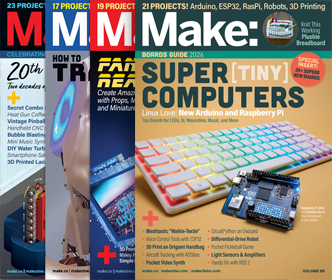The Good Air Canary
By Peter Milne
An open source IoT Canary that responds to Air Quality data from Sensors, and will squawk at poor air, and eventually fall of its perch if air quality is terrible - prompting you to take action!
Type: Social Impact
Website: https://www.rs-online.com/designspark/good-air-canary-build-guide
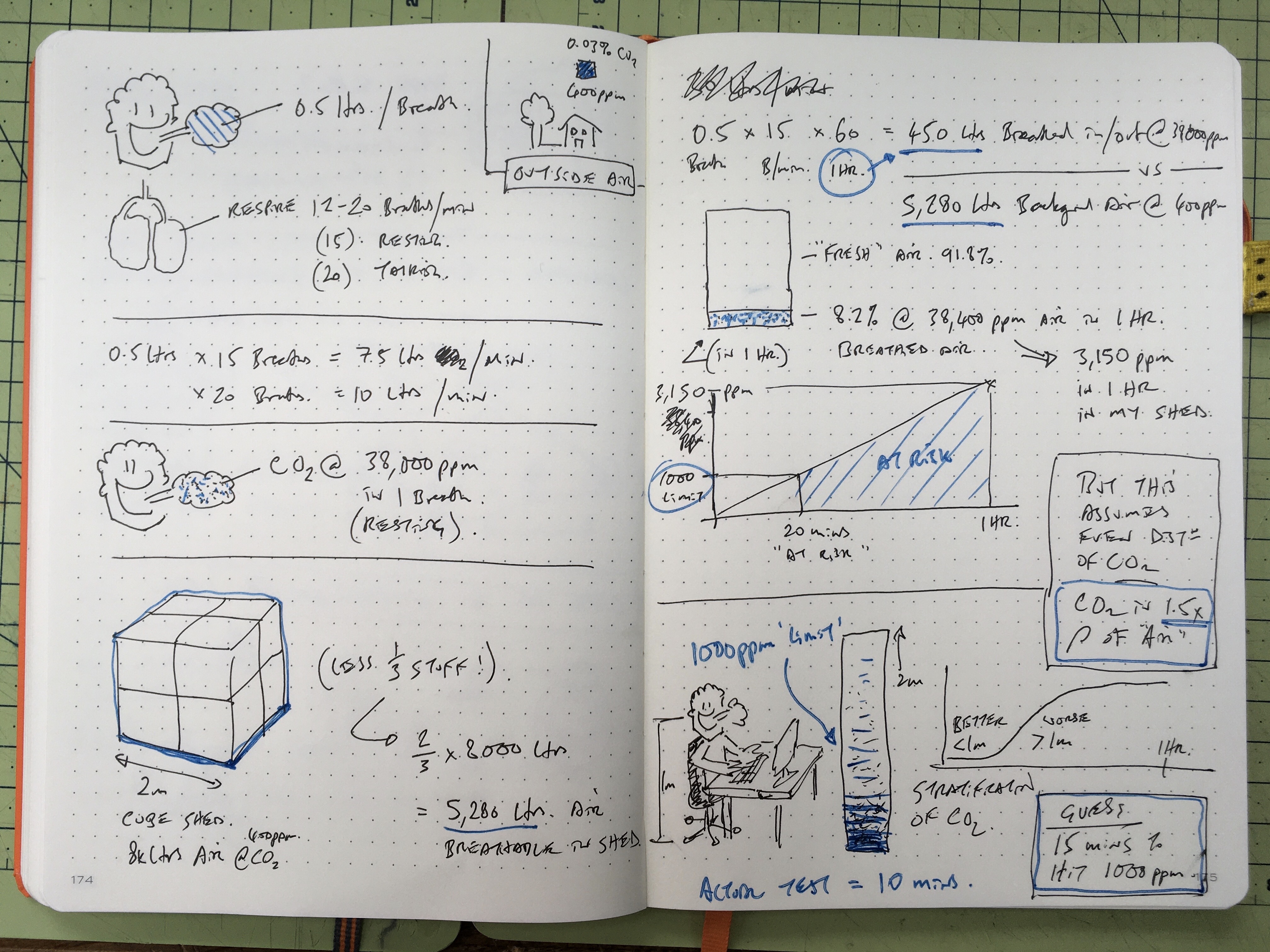
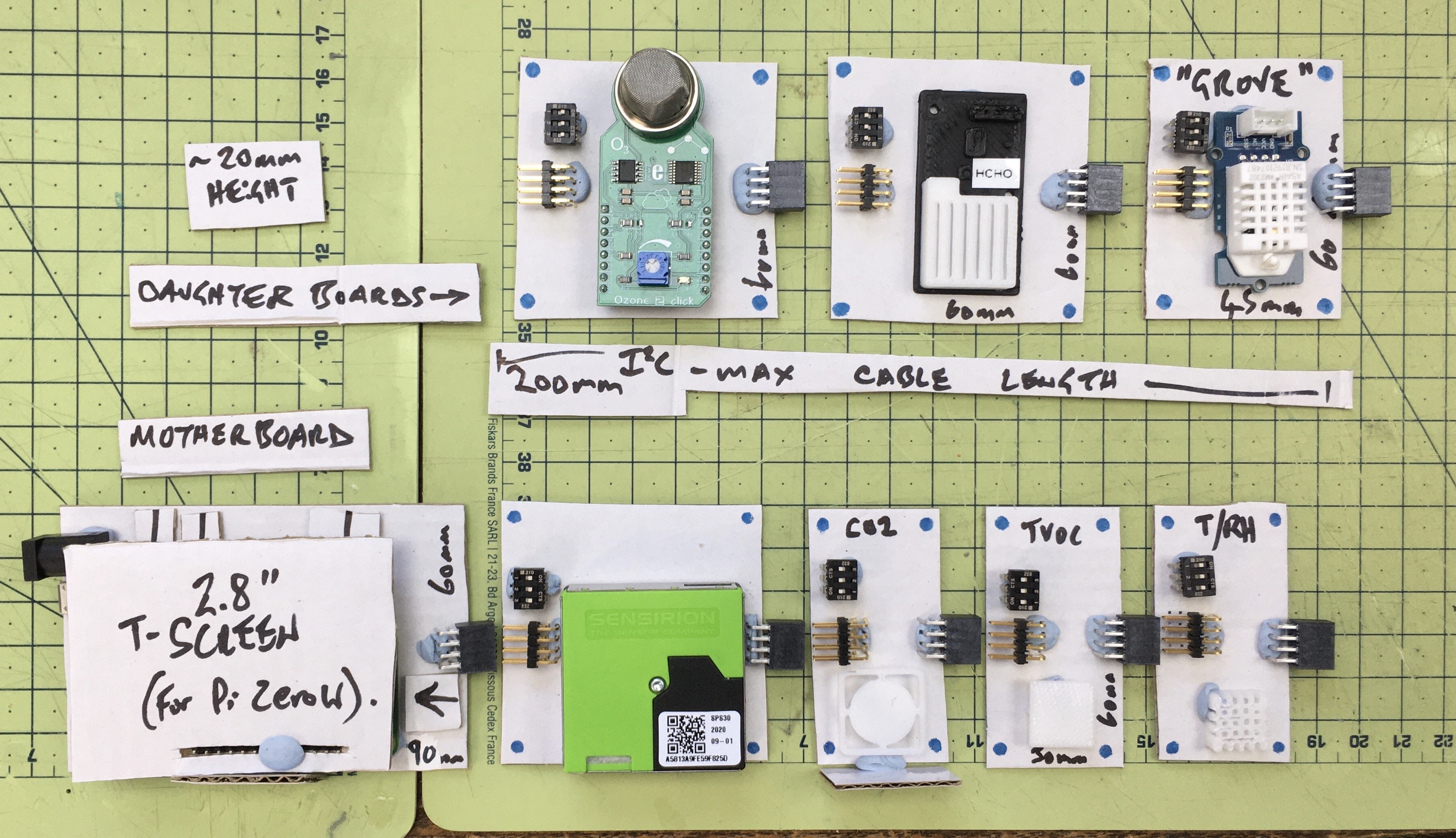
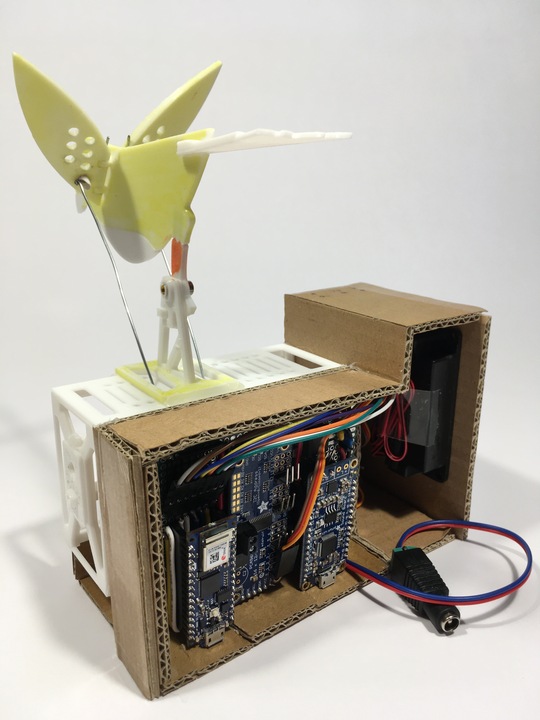
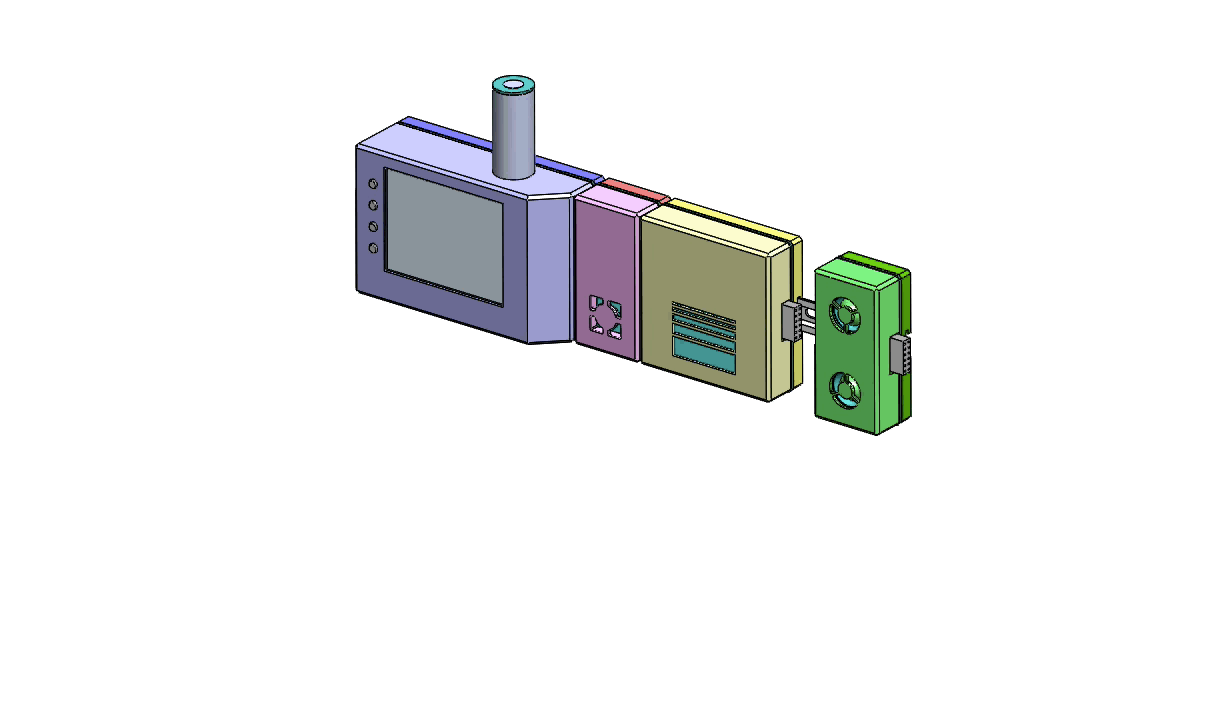
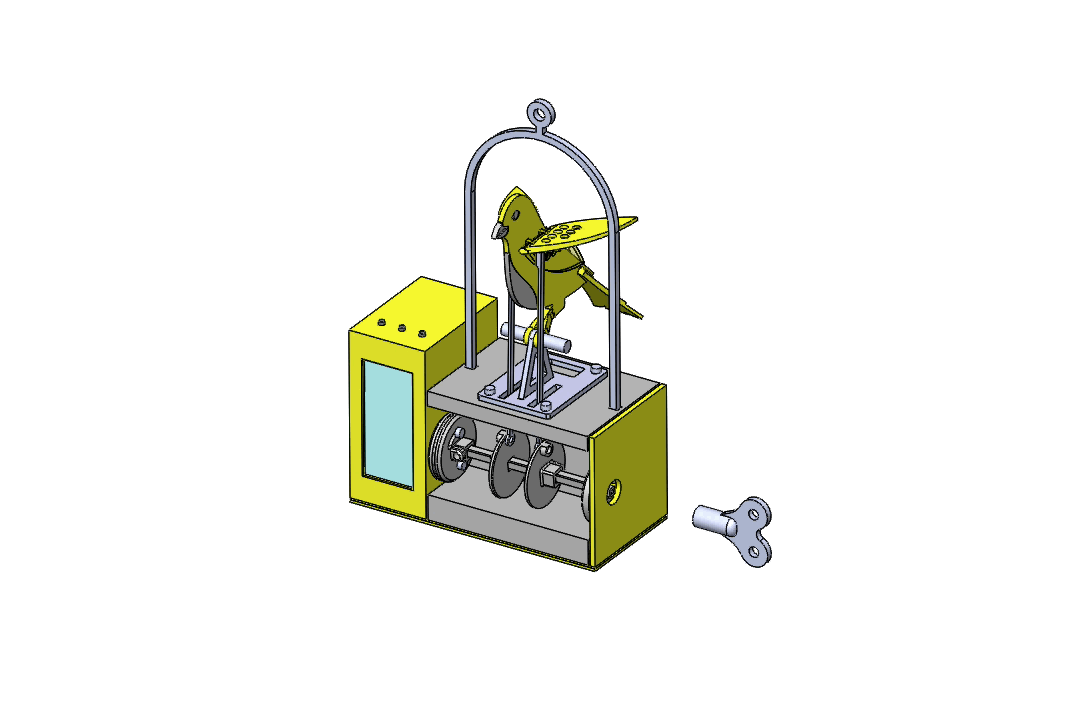
What inspired you or what is the idea that got you started?
This was a collaboration with Jude Pullen, as part of a DesignSpark project to explore Air Quality awareness. We read in The Guardian newspaper that some 40,000 deaths per year were attributed to poor air quality in the UK. Upon further reading, we learned from the WHO that this is around 6m deaths per year globally. However, we had assumed most of this would be due to outdoor pollutants such as cars, buses, factories, etc. - yet were shocked to find nearly half of these were actually due to indoor pollutants - this is what initiated the project and gave us focus.
The first phase of this project was to create accurate sensing: The Environmental Sensor Development Kit, (ESDK) was a modular design that had high-quality CO2, VOC, and Particulate Sensors which could be interchanged as needed. However, although popular with Engineers, it was arguably too technical for the general public - so in response to this, the Good Air Canary was created to make the data more relatable!
What is your project about and how does it work?
Many people are familiar with the 'Canary in the Coal Mine' story, and this seemed the perfect metaphor for Jude and myself to use - in other words, if the gasses became harmful, the 3D printed automata Canary would squawk and flap, hoping you would open a window, etc. But if you failed to heed its advice, it would (like Monty Python's famous sketch) fall off its perch! The CO2 reaction is as follows:
500-1000ppm, the Canary will be content. It will occasionally yawn.
1001-2000ppm, the Canary will hint ‘it’s a bit stuffy in here.
2001-3000ppm, the Canary will ask ‘would someone open a window, please?
3001-4000ppm, the Canary will explain ‘Cor Blimey, open a window, or I’m gonna pass out!
The Canary will also 'cough' if you let particulates (ie dust) skyrocket, and will exclaim 'who cut the cheese' if VOC levels spike - this could innocently be you opening a can of paint, but whatever your excuse, you should use adequate ventilation in future!
What did you learn by doing this project?
The statistics around this project have been eye-opening, and the more we read into it, the more alarming the problem is! Although this ESDK / Canary project is just a small contribution to a global problem, we feel it does it in a memorable and engaging way.
Also, the project was a fun remote collaboration - and it was great seeing Jude develop the 3D design of the automata of the Canary, such that anyone can build one, and that the integration of the electronics I had engineered worked seamlessly - impressive given the circumstances! There were of course many challenges with refining the code to do so much 'animation' with a relatively small amount of memory on the Arduino board. In addition, it was a complex challenge to ensure IoT data was reliably parsed from the ESDK sensors...but remarkably this all came together, and is now available as a 'citizen science' initiative - with more data being uploaded worldwide from the many other projects in development now, around the world.
What impact does your project have on others as well as yourself?
The IoT Canary was indeed, the perfect way to 'draw people into the subject of Air Quality awareness - with a little quirky humour, but of course, it has many layers of serious provocation about what improvements we should make in our lives, from simply opening a window whilst home at work or sleeping at night, to the realisation CO2 is a fair proxy for airborne coronavirus in closed spaces like schools and offices.
The project also spawned 10 other 'daughter projects' as part of RS Components' wider push to encourage 50+ more engineers and makers to not just care about global problems - but take to their sheds and make solutions that might help, under the #ActivistEngineering initiative. The Canary is a great Kickstarter to show how complex tech can be made simple to understand - albeit on a very serious subject.
We look forward to progressing the idea, and are excited to share this with the Make.co community, who will no doubt remix and reimagine the project in exciting new ways!




